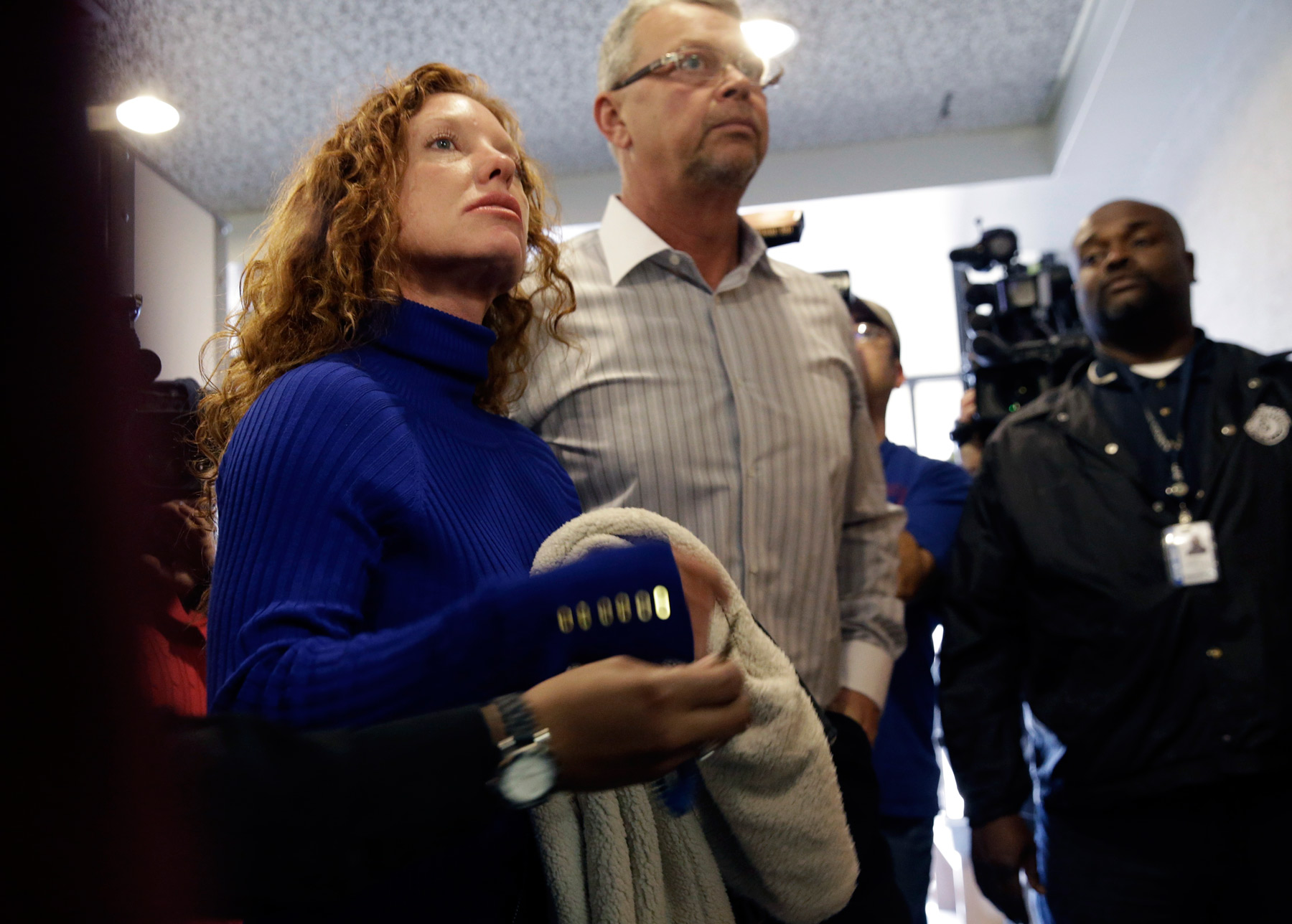Could the sins of the father truly be visited upon the son, or is the narrative of Ethan Couch just a cautionary tale of privilege gone awry? The case, steeped in controversy and fueled by the "affluenza" defense, laid bare the complexities of justice, responsibility, and the often-unseen influence of wealth.
The name Ethan Couch became synonymous with a legal and societal phenomenon that gripped the nation. In 2013, a teenage Couch, driving under the influence in Fort Worth, Texas, caused a fatal crash, killing four people and injuring several others. What followed, however, was not a straightforward legal resolution. Instead, the trial became a battleground of ideologies, with the defense arguing that Couch suffered from "affluenza"a condition supposedly stemming from his privileged upbringing, rendering him incapable of understanding the consequences of his actions. This defense, a controversial strategy from the outset, immediately ignited a firestorm of debate, questioning the very fabric of justice and the role of personal responsibility.
| Category | Details |
|---|---|
| Full Name | Ethan Couch |
| Date of Birth | Information Not Publicly Available |
| Age (as of 2024) | Information Not Publicly Available |
| Parents | Fred Couch and Tonya Couch |
| Notable Incident | 2013 Drunk Driving Incident in Fort Worth, Texas, resulting in four fatalities. |
| Defense Strategy | "Affluenza" claimed inability to understand consequences due to privileged upbringing. |
| Legal Outcome | Sentenced to probation and rehabilitation. Later violated probation and fled to Mexico with his mother. |
| Current Status (as of 2024) | Information Not Publicly Available |
| Key Issues | Justice, Privilege, Responsibility, Parental Influence |
| Related Term | Affluenza |
| Reference | New York Times - Ethan Couch |
The saga surrounding Ethan Couch and his family, however, extends far beyond the tragic events of that fateful night. His father, Fred Couch, made his fortune in business, founding Cleburne Metal Works in 1986. The company, specializing in metal roofing, provided a comfortable life for the Couch family, a life that would ultimately become a central point in the legal arguments. As of 2015, the company reportedly employed 40 people and generated approximately $9.59 million in annual sales, illustrating the level of wealth that colored the Couch's reality.
The "affluenza" defense, introduced by a psychologist, argued that Ethan's privileged upbringing had shielded him from the consequences of his actions. The prosecution, however, argued for accountability, seeking to impose a just punishment for the lives lost and the injuries sustained. The legal battle became a microcosm of larger societal debates, touching upon issues of privilege, the role of wealth in the justice system, and the responsibilities of parents. The sentencing, which included probation and a stay at a rehabilitation facility, was met with both outrage and confusion, reinforcing the complexity of the case and highlighting the deep divide in public opinion.
The Couch family's involvement in legal matters predates the fatal drunk driving incident. Records show a history of legal troubles dating back to the late 1980s. The mother of Ethan Couch, after the incident, claimed "affluenza" and fled to Mexico with her son. Both were later apprehended and brought back to the United States. The mother then faced money laundering charges, further complicating the family's legal saga. The legal troubles extended beyond Ethan, impacting the entire family.
The incident also triggered a strong reaction from the public. It raised questions about the role of wealth and privilege in the justice system. Critics accused the legal system of leniency towards the wealthy, sparking a vigorous debate about fairness and accountability.
- Legendary Rappers Rick Ross Diddy Notorious Big A Deep Dive
- Anthony Kiedis Eyes Stunning Photos Details
In the aftermath of the crash, the family of Ethan Couch and Cleburne Metal Works agreed to pay a total of nearly $114,000 to Isaiah McLaughlin and his family, underscoring the financial ramifications of the tragedy and the legal settlements that followed.
The case of Ethan Couch also brings to mind the case of James and Jennifer Crumbley, parents of Ethan Crumbley, who pleaded guilty to the shooting at the school that killed four students and injured several other people. This highlights the importance of parental influence and responsibility, particularly when it comes to the actions of their children.
The incident has also caused considerable discussion around firearms and gear. The debate between responsible gun ownership and the prevalence of violence, particularly in schools, remains a sensitive topic. The focus is on protecting children from violence and preventing such tragedies. While the issue itself is distinct, the concern for the safety of children connects it to the Couch case in terms of social responsibility.
The incident has opened discussions about societal responsibilities as a whole. It emphasizes the necessity of personal accountability, as well as the obligations of parents and communities to protect their members and the broader public. Moreover, it draws attention to how an individual's actions have implications for the justice system, and wider societal structures.
The Ethan Couch case is, in many ways, a reflection of our society's complexities. It is a case that has sparked a long-lasting debate about wealth, justice, and responsibility. From the very beginning, the case has been mired in controversy, but it has also shown that the choices individuals make can have profound implications.


